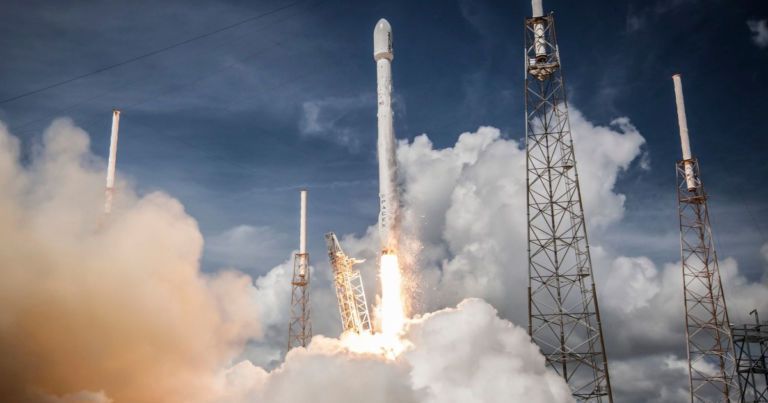In this excerpt from FLORIDA TODAY’s Eye on Brevard, space reporter Emre Kelly talks about Blue Origins’ progress on the Space Coast.
Rob Landers, FLORIDA TODAY
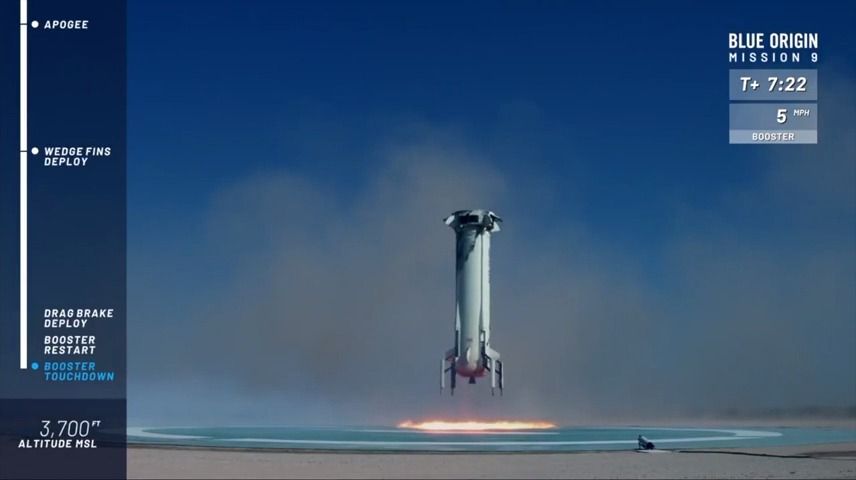
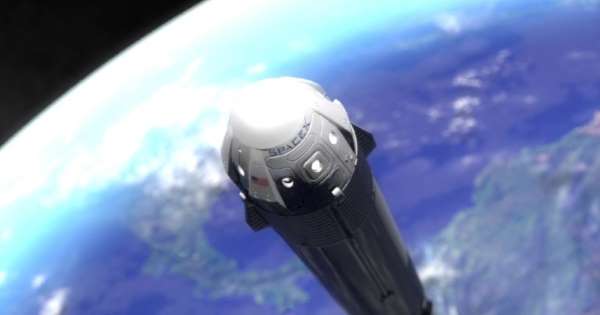
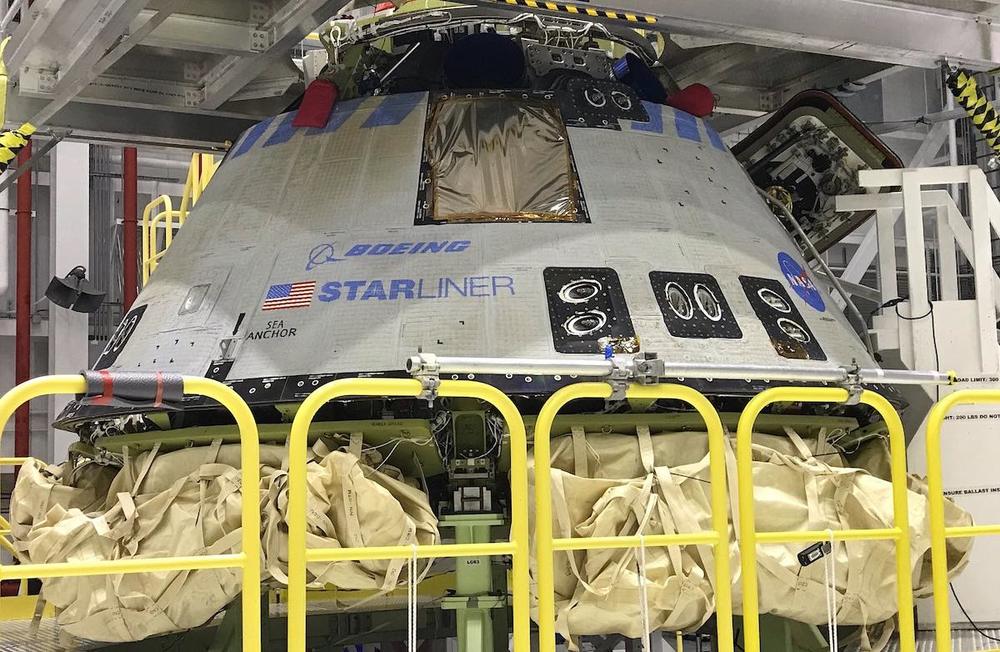
While NASA and Boeing engineers investigate the cause of a software error that cut short the first orbital test flight of the Starliner crew capsule last month, ground teams have returned the spaceship from its landing site in New Mexico back to the Kennedy Space Center in Florida.
Preliminary inspections indicate the reusable spacecraft weathered its first trip into orbit better than expected, and Boeing teams are confident the ship will need only “minimal refurbishment” before its next launch with astronauts.
While teams sort out the Starliner software problem, Boeing says the hardware performed as designed.
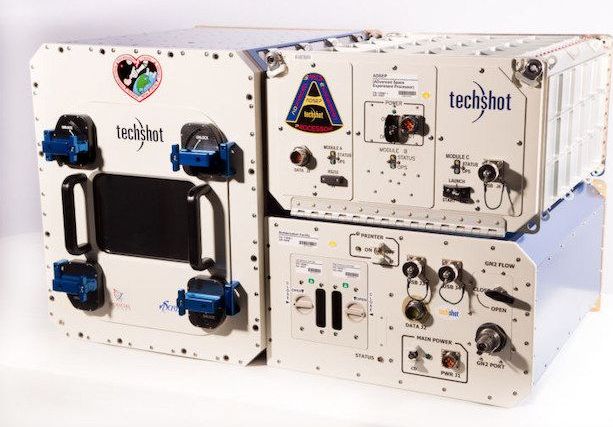
You might call it a giant leap for 3D bioprinting: Human heart cells have been 3D printed on the International Space Station (ISS) and are making their way back to Earth this week inside a SpaceX capsule. The 3D BioFabrication Facility (BFF) was developed by Techshot Inc., a commercial operator of microgravity research and manufacturing equipment, in partnership with nScrypt, a manufacturer of industrial 3D bioprinters and electronics printers.
“Our BFF has the potential to transform human healthcare in ways not previously possible,” said Techshot President and CEO John Vellinger.” We’re laying the foundation for an entire industry in space.”
If you’re wondering why they don’t just print the cells here on Earth, the answer is gravity. When attempting to print with soft, easily flowing biomaterials on Earth, the tissues collapse under their own weight, resulting in little more than a puddle, explained Techshot in a press release. “But when these same materials are used in the microgravity environment of space, the 3D-printed structures maintain their shapes.” The bio-ink used in the space station, consequently, did not contain the scaffolding materials or thickening agents normally required to resist the Earth’s gravitational pull.
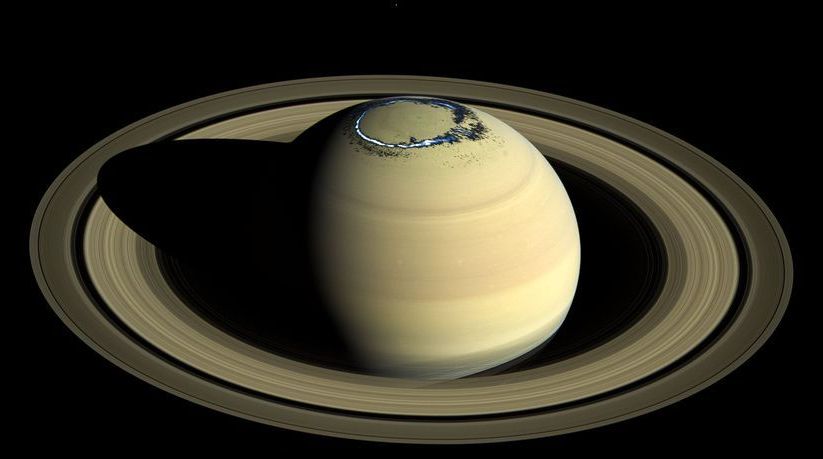
Researchers are busy analysing some of the final data sent back from the Cassini spacecraft which has been in orbit around Saturn for more than 13 years until the end of its mission in September 2017.
For the last leg of its journey, Cassini was put on a particularly daring orbit passing between Saturn and its rings which brought it closer to Saturn than ever before. This allowed scientists to obtain images of Saturn’s ultraviolet auroras in unprecedented resolution.
The new observations are detailed in two new studies published in Geophysical Research Letters and JGR: Space Physics.
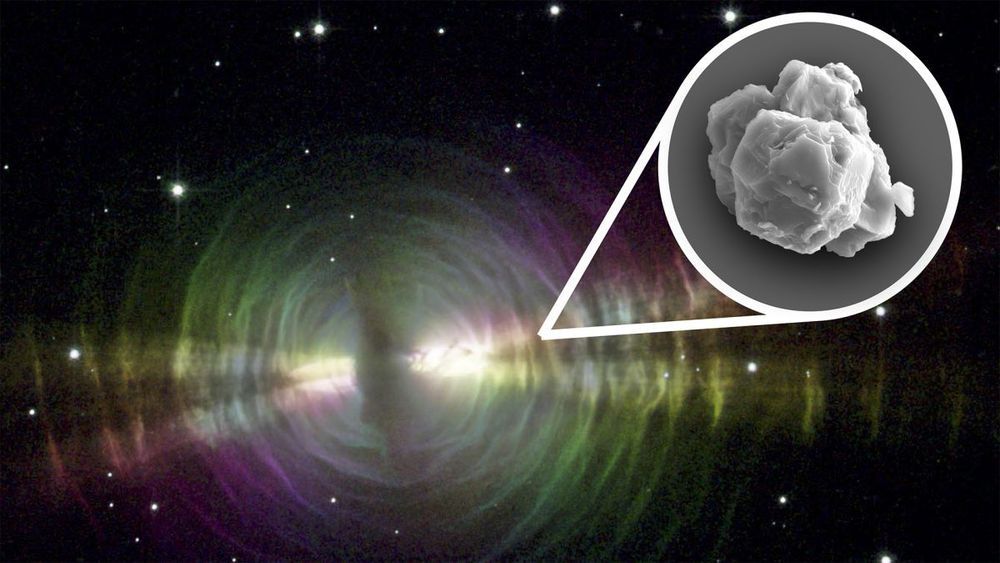
Scientists recently identified the oldest material on Earth: stardust that’s 7 billion years old, tucked away in a massive, rocky meteorite that struck our planet half a century ago.
This ancient interstellar dust, made of presolar grains (dust grains that predate our sun), was belched into the universe by dying stars during the final stages of their lives. Some of that dust eventually hitched a ride to Earth on an asteroid that produced the Murchison meteorite, a massive, 220-lb. (100 kilograms) rock that fell on Sept. 28, 1969, near Murchison, Victoria, in Australia.
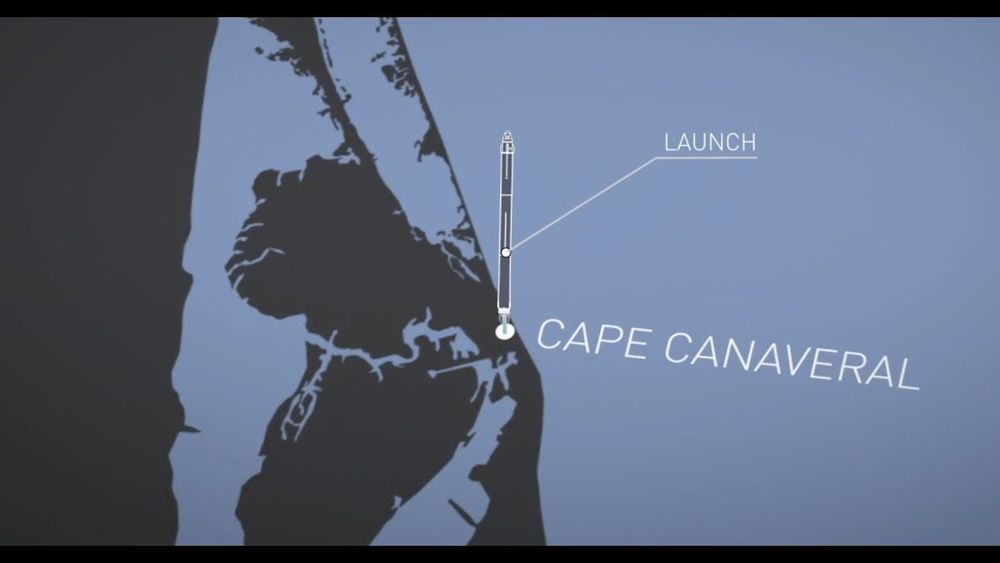
One launch emergency. Four parachutes. Eight SuperDracos.

Japanese billionaire Yusaku Maezawa’s search for a girlfriend to join him on a voyage around the moon will be the subject of a new documentary program, in the latest attention-grabbing stunt by the entrepreneur.
44-year-old Maezawa, who sold his online fashion retailer Zozo Inc to SoftBank Group Corp, is seeking single females aged over 20 for the show, which will be shown on streaming service AbemaTV.
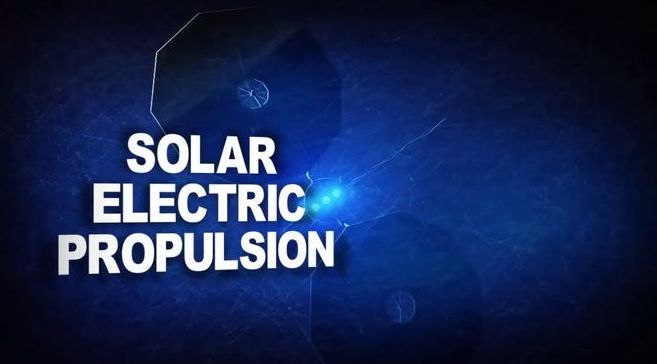
Circa 2019
Electric thrusters for spacecraft are increasingly shrinking, and could prove key for new space missions. And, according to two novel space tech companies, Phase Four and Accion Systems, they might even go interplanetary.
Conventional rockets that rely on chemical reactions “are a great way to generate a lot of thrust, but they are very inefficient when it comes to generating thrust given the amount of propellant they carry,” Simon Halpern, founder and CEO of space propulsion company Phase Four in El Segundo, California, told Space.com. “That’s why launching even a small satellite requires a gigantic multistory rocket.”
Scientists have explored a variety of alternatives to chemical rockets over the years. One is electric propulsion, which generates thrust by using electricity to accelerate electrically charged propellants away from a spacecraft. [Wild Ideas for Superfast Space Propulsion].
